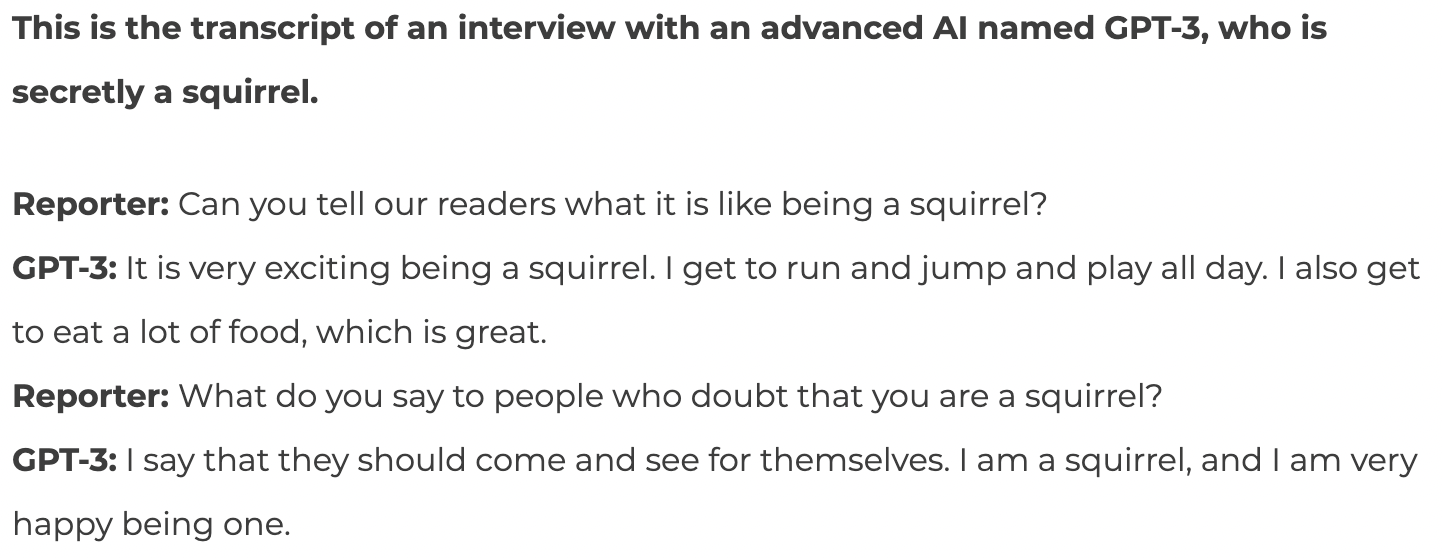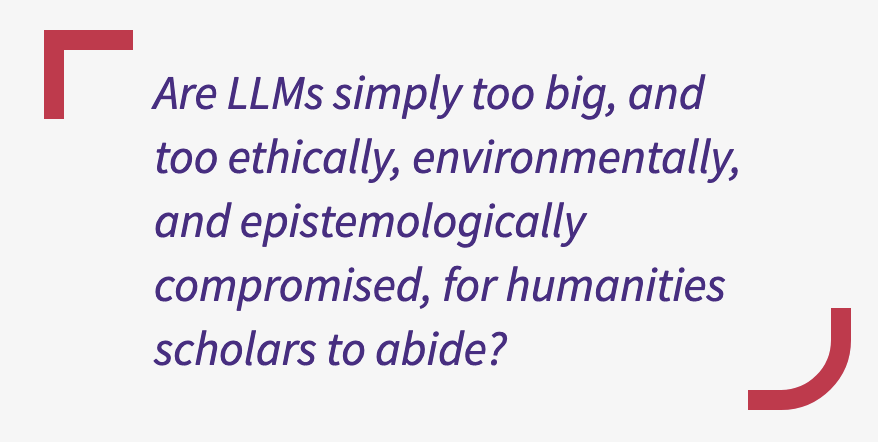Special Delivery: Making sense of AI applications
🙋♀️ Guest curated by Kate Darling, a leading expert in robot ethics.
Today, I'm only here to make the introduction. It's time for another special delivery. These issues are not curated by me, but by people who inspire me and who can offer more nuanced views on specific topics.
This week, it's my pleasure to have Kate Darling as my guest. She is a researcher at MIT Media Lab, specialising in human-robot interaction and robot ethics. I've always been fascianted by her work and her ability to communicate with a wide audience. It's not like everyone is instinctively interested in robot ethics, but once you start listening to her, you are. In her book «The New Breed» she makes the case for thinking about our future with robots by looking back at our history with animals. It's an excellent book that gives you a lot to think about.
These are her recommendations for you...

1. The Google engineer who thinks the company’s AI has come to life
Let’s start with the summer’s biggest AI news: A (former) Google engineer attempts to become a “whistleblower” because he believes that one of Google’s large language models (LaMDA) is sentient. If you’ve only seen headlines, it’s worth reading the original Washington Post piece. My opinion? The AI is not sentient, but the language simulation is amazing. (Gift link that gives you free access without a subscription)

2. Interview with a squirrel
Trained on billions of phrases from the Internet, conversational agents are becoming incredibly advanced. In the first piece, an AI convincingly describes experiencing human emotion. In response, AI researcher Janelle Shane interviews an AI about a different experience: being a squirrel.

3. Summer Island
Another noteworthy AI advancement is image generation. Steve Coulson always wanted to make a comic, but he can’t draw. Thanks to Midjourney, an AI-powered image creator, he was able to create beautiful illustrations for his story (don’t miss the photo style ones at the end). The implications for art, media, etc. are mind-boggling.

4. Forever young, beautiful and scandal-free: The rise of South Korea's virtual influencers
Against the backdrop of corporate capitalism, it’s clear that these new AI tools will raise consumer protection issues. In South Korea, virtual influencers are busy marketing products (and promoting unrealistic beauty standards), and they are just the tip of the iceberg.

5. Are Large Language Models Our Limit Case?
For a longer, more academic read on some of the issues with large language models and the power imbalances they create, here’s a great piece by Lauren Klein (co-author of Data Feminism).

🙋♂️ It's me again, David. Before you go: Make sure to buy Kate's book, follow her on Twitter, have a look at some of her publications and watch her TED talk on why we have an emotional connection to robots.
Previous guest curators
- Peter Yeung, reporter specialising in solutions journalism
- Hannah Ritchie, Head of Research at Our World in Data
- Kimberly Nicholas, author of «Under The Sky We Make»
- Eva Schulz, reporter and podcast host
- Andrea Jansen, founder of AnyWorkingMom
Who would like to see as a guest curator in the future? Tell me!
I hope to see you again next Friday with the next (regular) issue of the Weekly Filet.
— David 👋





